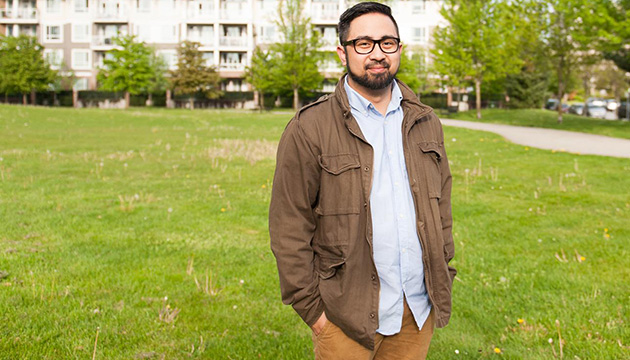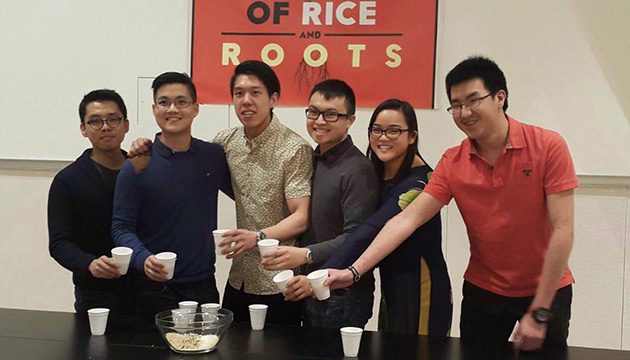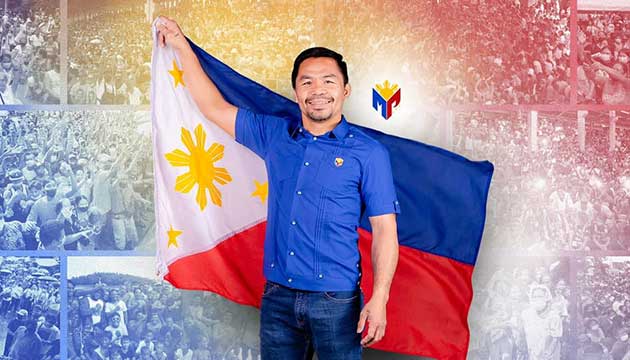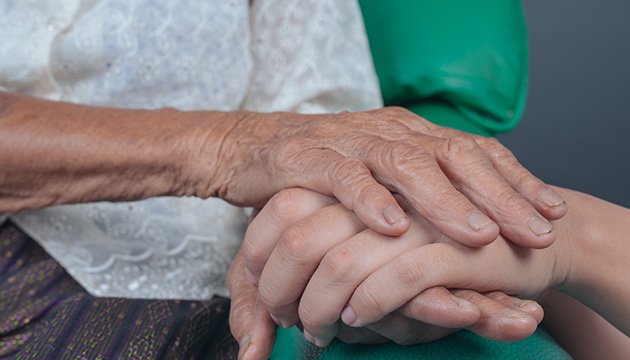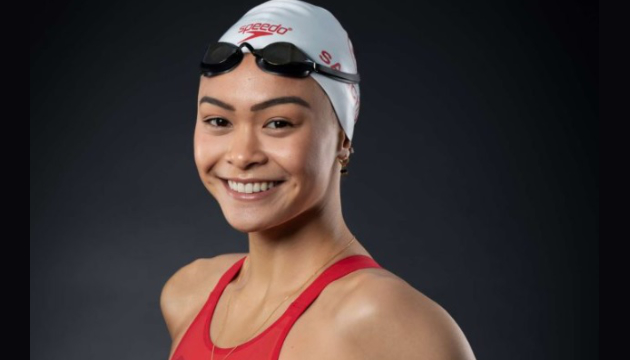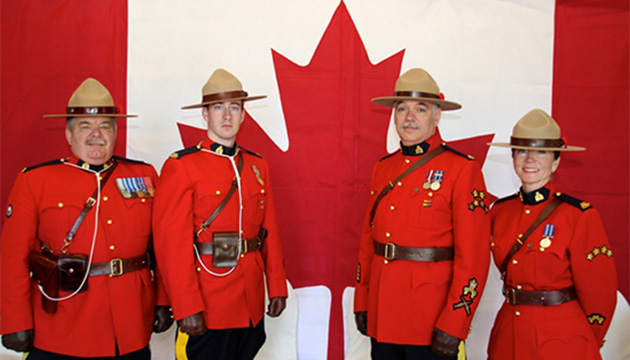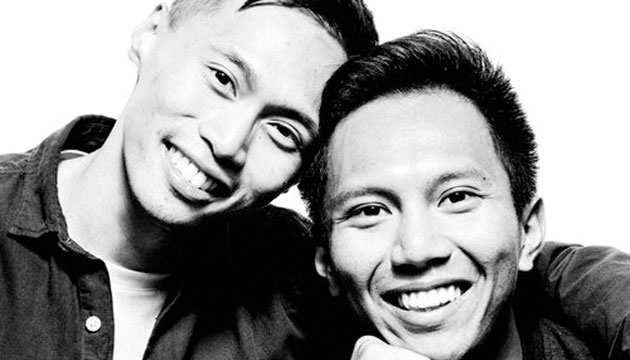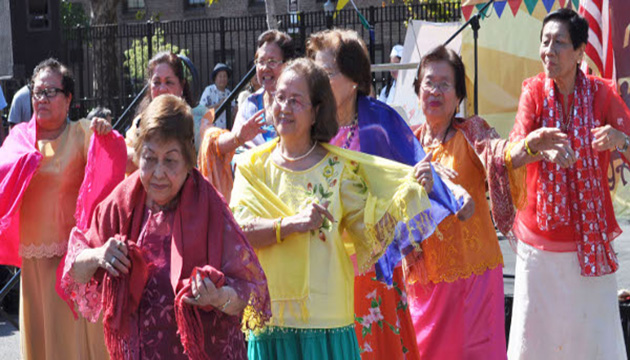When I asked my children what they wanted for dinner one evening, they said, “We want Filipino food.” That gave me pause, because at their age, it never occurred to me to qualify what I eat. Everything I ate was Filipino food.
It feels my family’s exposure to Filipino culture has revolved around many informal rituals integrated in our daily lives, but what struck me that evening was that in my children’s eyes, their choice for dinner was compartmentalized as being Filipino.
What makes us Filipino? I feel like I'm perpetually preparing an answer that may never be satisfactorily articulated, if and when my children ask me that question.
I immediately think about my upbringing in the Philippines, but my mind also wanders to the different Filipino communities around the world that I've been fortunate enough to have encountered. It's also wonderful to see how these communities have adopted local customs and quirks. The shared mannerisms and numerous cultural cues immediately breed familiarity and a sense of belonging.
Immigration trends in recent years saw the Philippines becoming the leading source of immigrants to Canada, outpacing countries like India and China. More of my peers are also having children and growing their families. In the course of this population growth, it’s no coincidence that the number of Filipino restaurants has increased across Metro Vancouver. I also hear our languages spoken more frequently when I'm out and about in the city, and it's no longer a surprise to locate Filipino goods and publications at a local corner store. Pluralistic societies make room, and we're slowly making our presence felt.
Unfortunately, there are gaps in our community’s expression of our traditions. There’s a preposterous fetishization of celebrity culture and all its accoutrements. There’s a lack of widespread appreciation of our history and associated critical assessments on its effects on present situations. It’s increasingly apparent that we need more substantive cultural institutions that are recognized as being on the forefront of raising the profile of the Filipino community like Kathara Society here in Vancouver, Kapisanan in Toronto, along with the involvement of serious academics like those from the UBC Philippine Studies Series.
Many of us will make a conscious effort to have mindful discussions with the younger generations about what it means to be Filipino. However, as time and generations pass, so too will the distance between the those of us who grew up in our parents’ and grandparents’ adopted home country and those of us whose idea of what it means to be Filipino has been informed by a shared existence in the Philippines. We need to begin to recognize that building these bridges across generations require traditions that are reinforced beyond our immediate tribes. As our community continues to grow, so does the opportunity to create meaningful experiences that highlight and advance the evolving Filipino experience.


